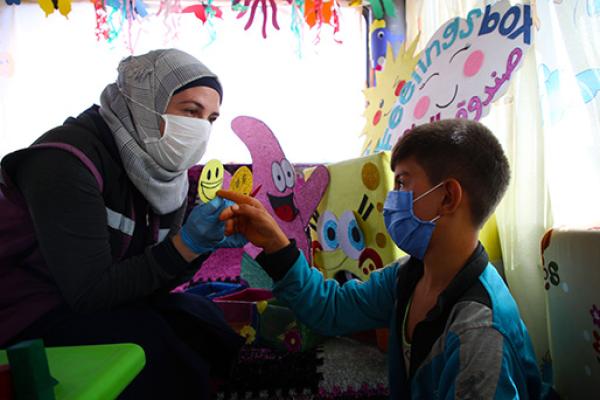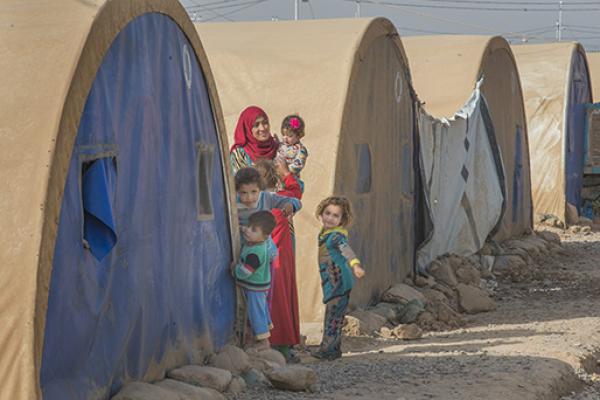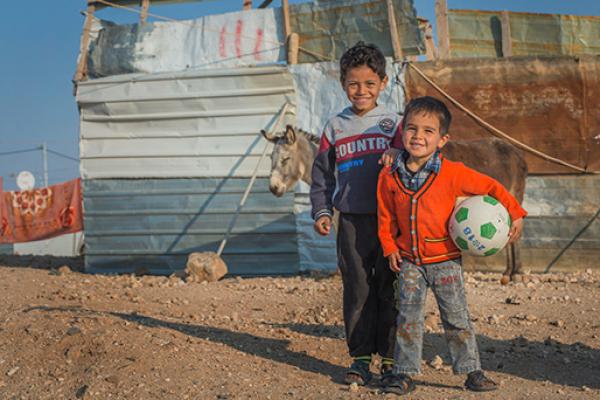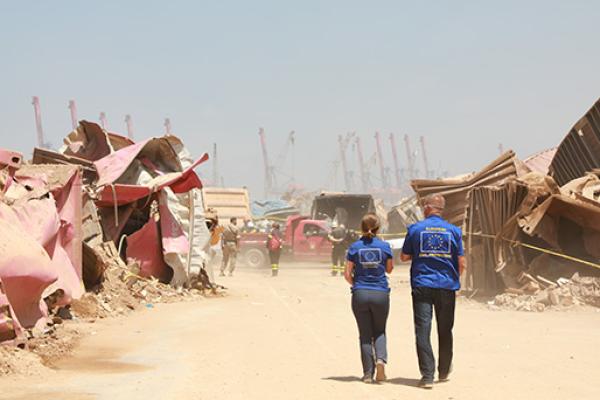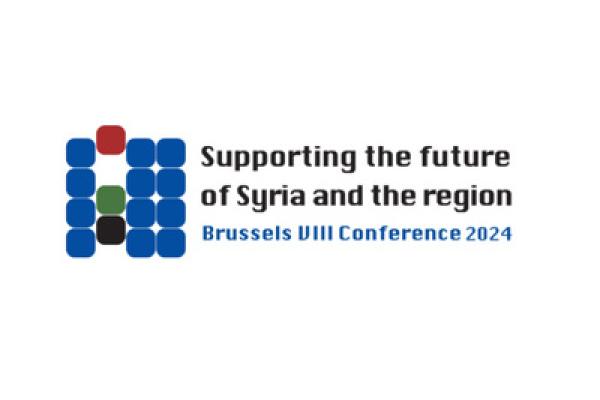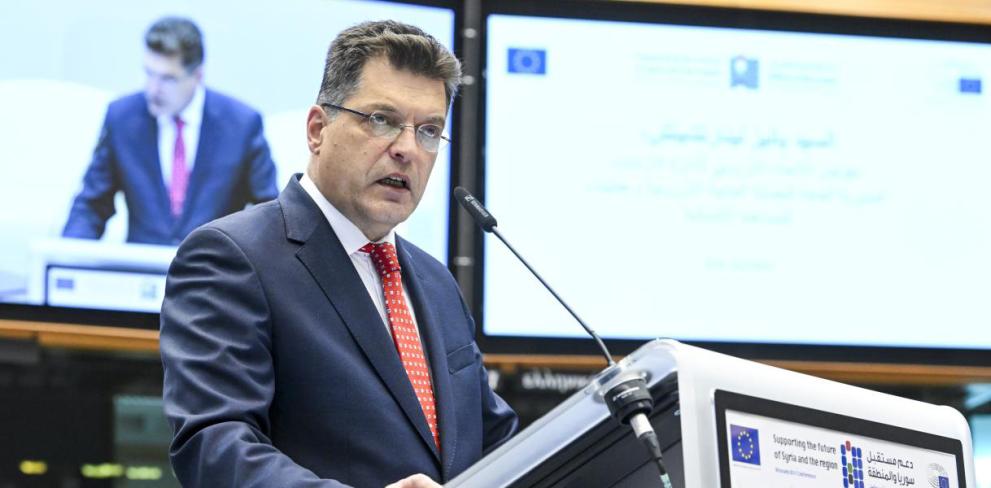
At the 8th edition of the Brussels Conference on 'Supporting the future of Syria and the region', the EU pledged €2.12 billion for 2024 and 2025. This assistance will support both Syrians inside Syria and those in neighbouring countries, as well as their host communities in Lebanon, Türkiye, Jordan and Iraq.
The Ministerial meeting which brought together delegates from EU Member States, Syria's neighbouring countries, other partner countries and donors, and international organisations, including the UN, reiterated the need for a political process in Syria in line with United Nations Security Council Resolution (UNSCR) 2254, and the necessity to mobilise vital financial support to address the most pressing needs of Syrians people and their host communities.
The EU reconfirmed the pledge it made at the 2023 Brussels VII Conference for 2024 (€560 million) for the population inside Syria, as well as for Syrian refugees and vulnerable host communities in Lebanon, Jordan and Iraq. The EU also pledged an additional €560 million for 2025 for the above-mentioned countries. Moreover, the EU pledged €1 billion to support Syrian refugees and vulnerable host communities in Türkiye. Finally, the EU signalled that the pledges for 2025 constitute a part of the larger financial package until 2027, in line with the European Council Conclusions of 1 February and 18 April 2024.
The EU will continue to mobilise all the tools at its disposal to support the Syrian people in reaching a negotiated political solution in line with UN Security Council Resolution 2254, and create the conditions for a brighter future for all Syrians.
Commissioner for Crisis Management, Janez Lenarčič, said: "Thirteen years of conflict have made Syria one of the largest humanitarian crises worldwide. Syrians continue to be heavily affected by ongoing hostilities, water and food shortages, protection issues, lack of access to basic services and violations of International Humanitarian Law. A staggering 16.7 million people in Syria – half of whom are women and children – still need life-saving support. There is also an urgent need to further expand resilience and early recovery programmes. Millions have fled the country, many of them seeking refuge in neighbouring countries. Support to the refugees needs to be continued. Without collective and sustained effort, the Syrian people face a desperate future. The 8th Brussels Conference is an opportunity for the international community to reaffirm its support and generously pledge humanitarian aid for people in Syria and the refugees and their host communities in the region."
High Representative/Vice-President Josep Borrell said: "Today in Brussels, the EU and the international community showed once again that we stand with the Syrian people and their host communities. The dire challenges that the region faces today cannot distract us from the need to persevere in pushing for a Syrian-owned political solution, in line with UNSCR 2254 and facilitated by the United Nations. This is the only credible path for all Syrians to live in peace and stability, and for refugees to return home. Instead, the Syrian regime continues to perpetrate widespread human rights violations creating serious obstacles to the political process. The international community must further intensify their efforts to create the conditions for a sustainable solution to the conflict. This is the only hope to give the Syrian people the future they deserve."
Commissioner for Neighbourhood and Enlargement, Olivér Várhelyi said: "The decade-long conflict in Syria has profound consequences and far-reaching impact on the region – in human, political, socio-economic and security terms. The EU considers the stability and security of the region a European priority. Mindful of the major difficulties for the Syrian people and partner countries in the region, the EU as the largest donor reaffirms its predictable and reliable political and financial commitment."
Background
The Conference was preceded by online and in-country consultations with civil society organisations active in the Syrian crisis.
The Ministerial meeting built upon the conclusions of the 'Day of Dialogue', held on 30 April. The over 600 participants to the 'Day of Dialogue' - from Syrian civil society organisations from Syria, neighbouring countries and the diaspora; the UN; EU Member States; partner countries and international NGOs – exchanged views during six thematic panel discussions, focusing on: the political process and UN Security Council Resolution 2254; early recovery and resilience; health and education; livelihood opportunities; and the issue of missing persons and accountability.
The key takeaways from the Day of Dialogue were conveyed during the Ministerial meeting by three rapporteurs from Syrian the civil society.
Since 2011, the EU and its Member States have been the largest donors of humanitarian and resilience assistance to Syria and the region providing to date over €33 billion in humanitarian, development, economic and stabilisation aid.
For more information on the conference, please consult the 8th Brussels Conference website, available in English and Arabic. See more information on the EU policy towards Syria on the EEAS webpage.
Details
- Publication date
- 27 May 2024
- Author
- Directorate-General for European Civil Protection and Humanitarian Aid Operations (ECHO)

